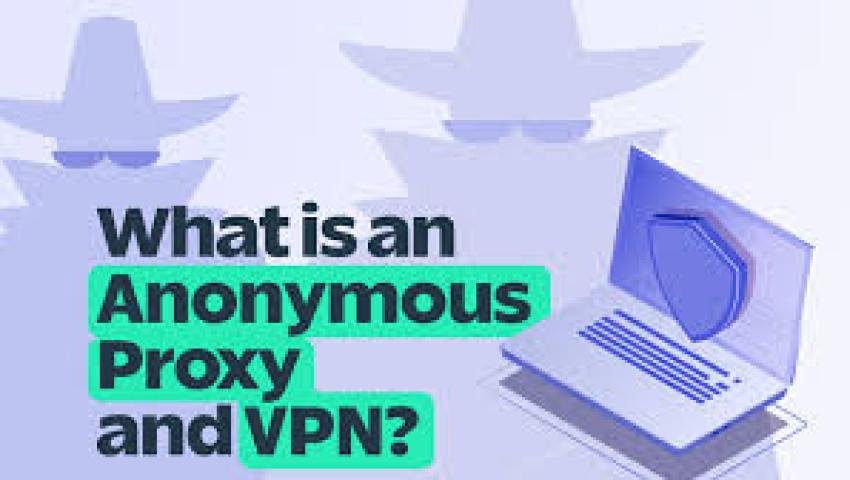
🕵️♂️ VPN & Proxy Investigation: Can Investigators Really Break Anonymity?
VPNs and proxies are commonly used to mask IP addresses and maintain online anonymity. But can digital forensic investigators actually trace users behind these services? Let’s break it down.
Introduction
VPNs and proxies are commonly used to mask IP addresses and maintain online anonymity. But can digital forensic investigators actually trace users behind these services? Let’s break it down.
🌐 How VPNs & Proxies Work
VPN (Virtual Private Network):
Encrypts your internet traffic and routes it through a remote server.
Masks the user’s real IP address.
Example: You appear to browse from another country.
Proxy Servers:
Acts as an intermediary between the user and the internet.
Can hide your IP but may not encrypt traffic.
🔎 Challenges for Investigators
Encryption:
VPNs encrypt traffic, making packet inspection nearly impossible.
No-Logs Policies:
Many VPN providers do not keep logs, so tracing a user via the provider is difficult.
Multi-Hop Networks:
Services like Tor use multiple relays, making tracing extremely complex.
🛠️ Methods Investigators Use
Correlation Attacks:
Observing traffic patterns at multiple points to identify users.
Endpoint Compromise:
Instead of breaking the VPN, investigators may target the user’s device.
Legal Requests:
Subpoenas to VPN providers or ISPs can sometimes reveal information if logs exist.
DNS & WebRTC Leaks:
Misconfigured VPNs or proxies can leak real IP addresses, giving investigators a clue.
⚖️ Limitations
Strong VPNs with no logs make direct tracing almost impossible.
Investigators often rely on digital footprints outside the VPN (emails, accounts, or malware).
Mrityunjay Singh
Leave a comment
Your email address will not be published. Required fields are marked *

